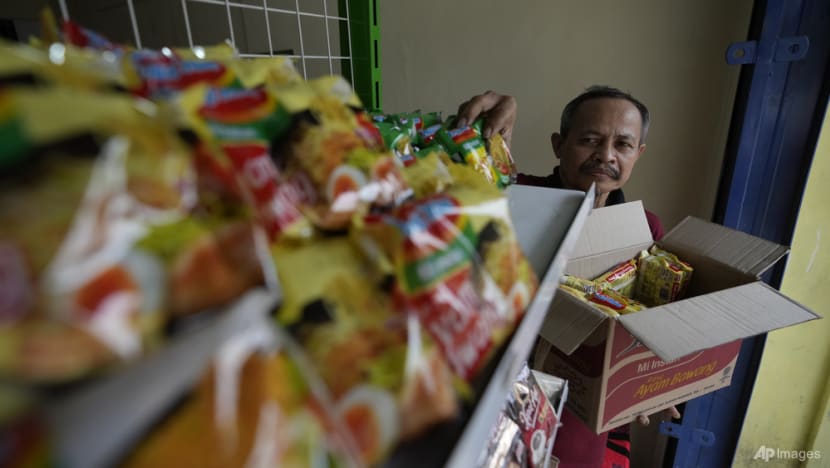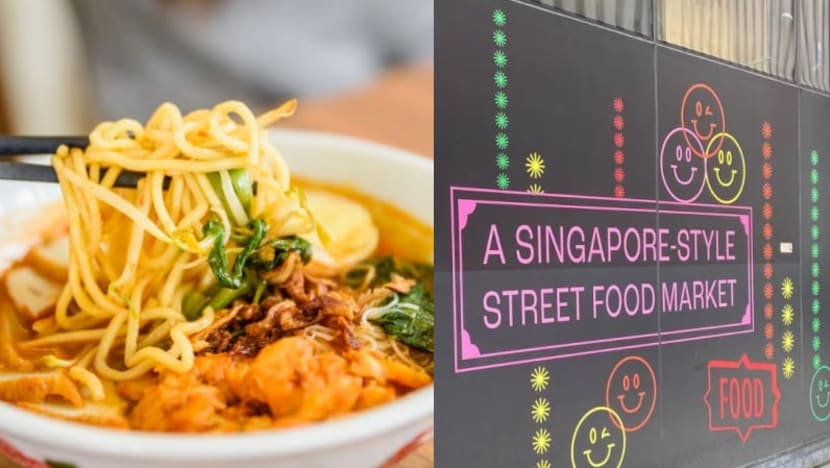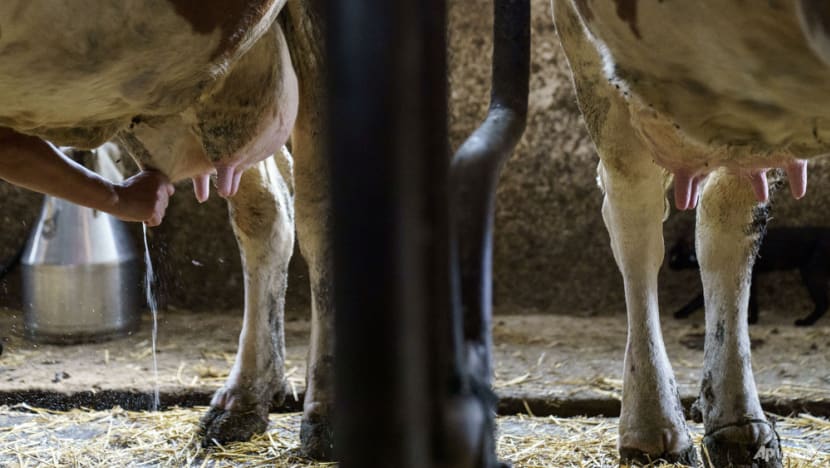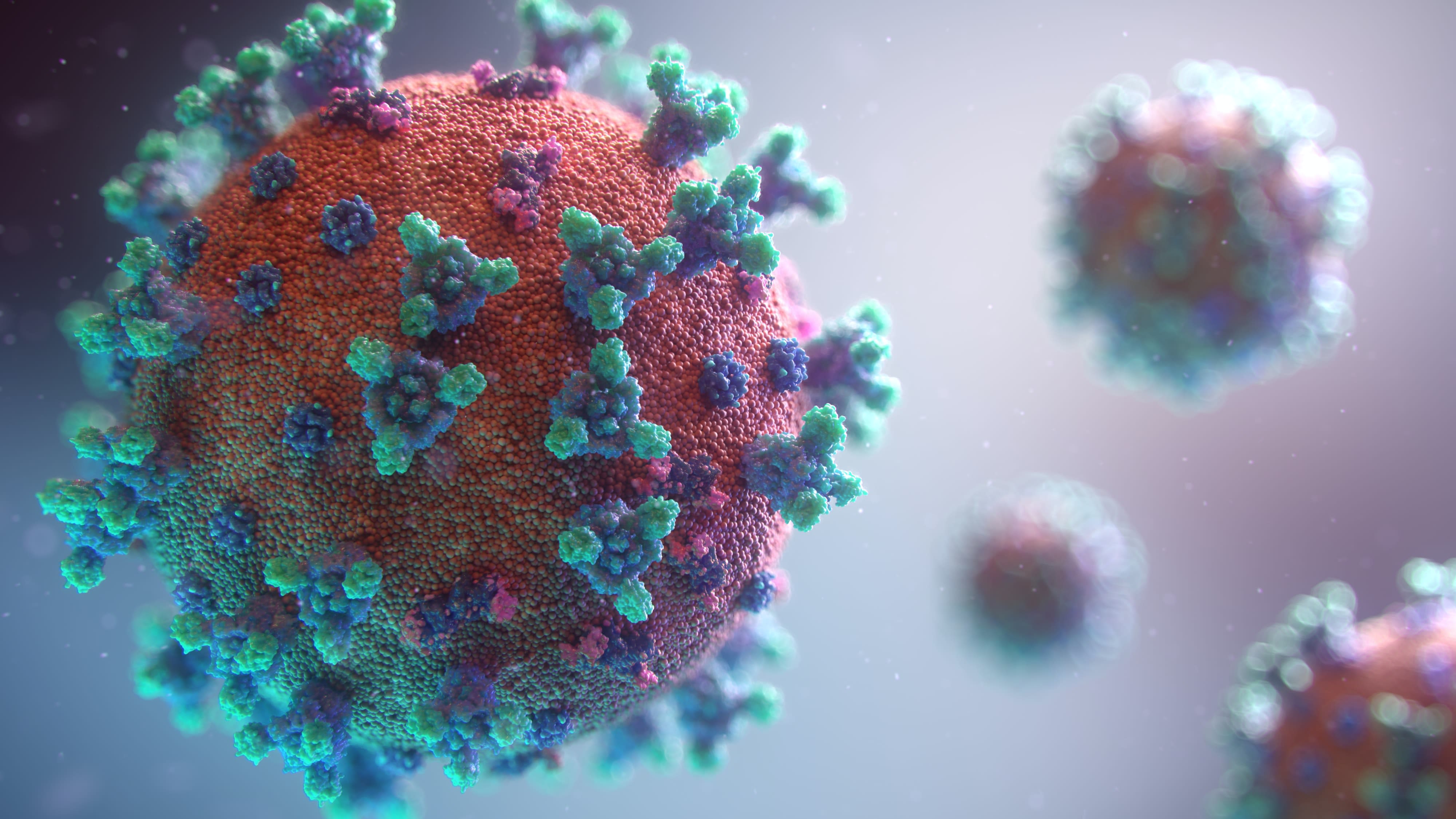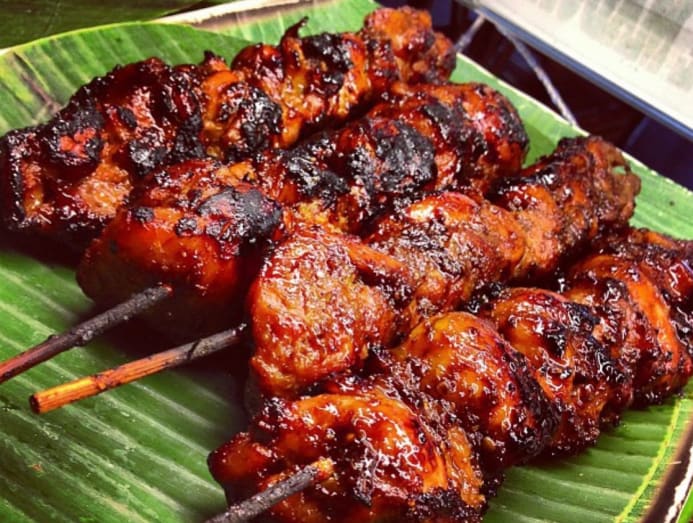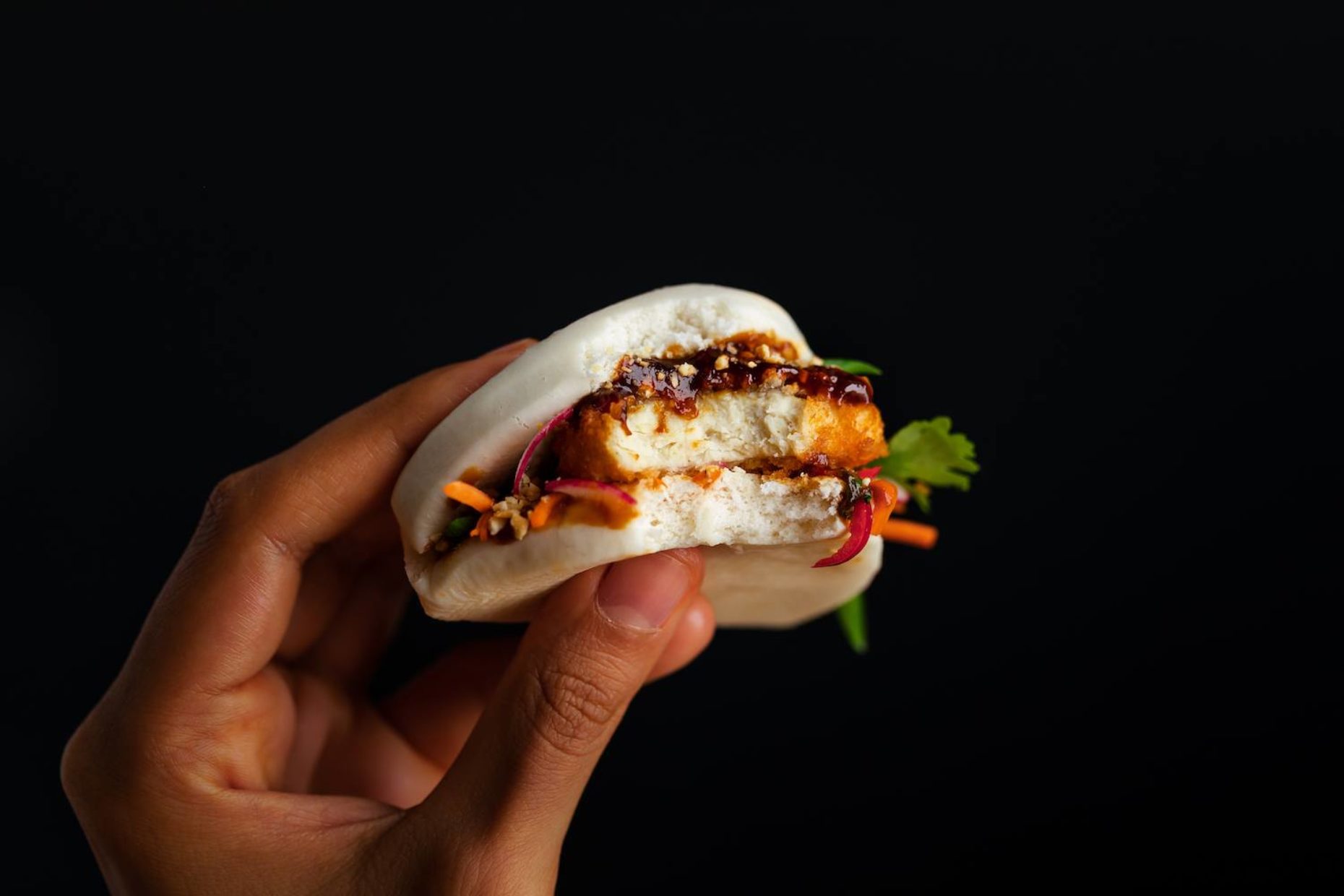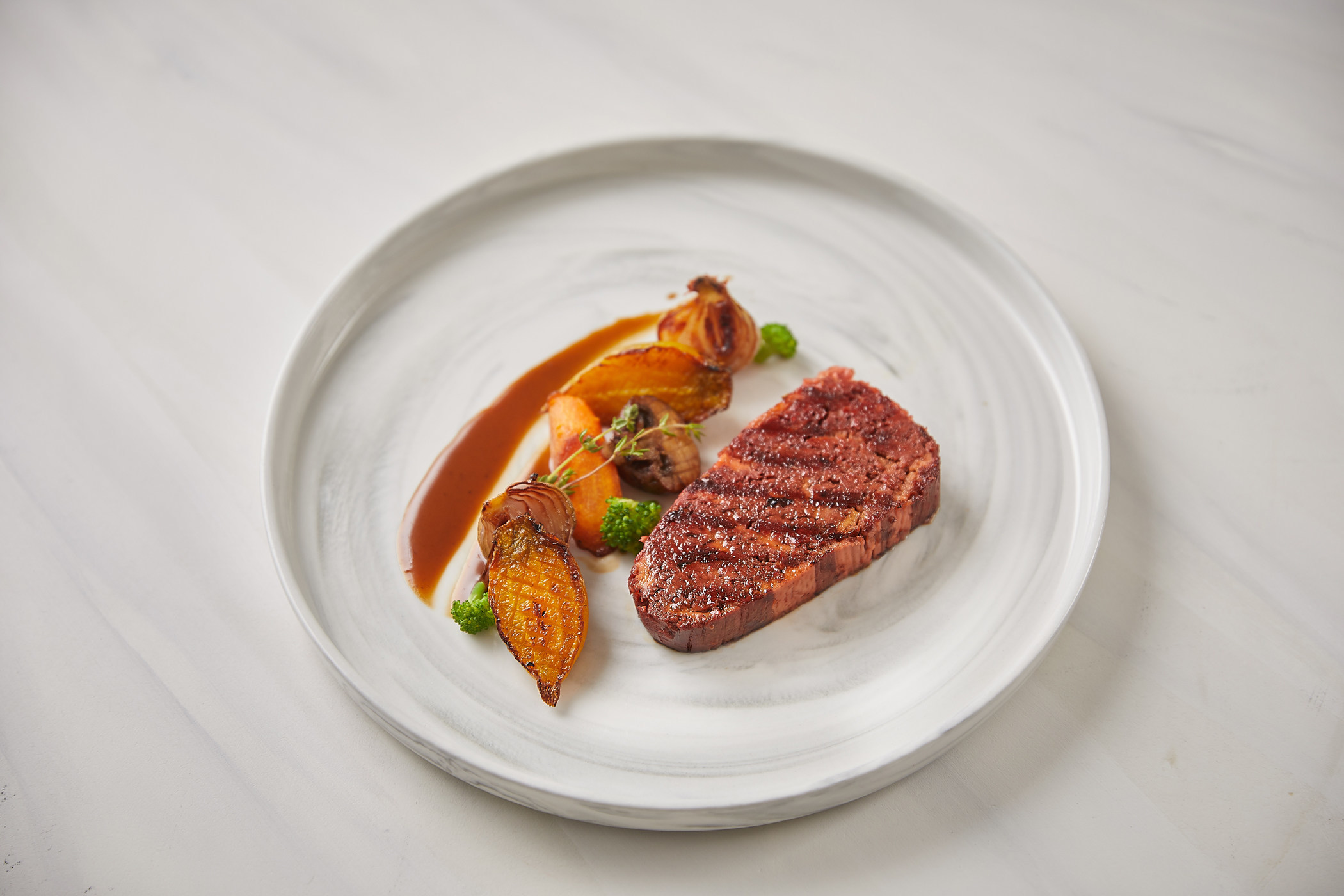This year, 11 establishments have newly joined the list including a casual Italian restaurant and a prawn noodles stall that has been operating for over 70 years.
 |
| Jalan Sultan Prawn Mee (left) and MP Thai (Vision Exchange) (right) are two of the entrants in the 2024 edition of Michelin Bib Gourmand. (Photos: Brand Cellar) |
18 Jun 2024
Planning to eat out soon? Perhaps you and your dining companions can visit one of the 81 eateries that were recently recognised with a Michelin Bib Gourmand. There were 79 eateries on the list in 2023.
On Tuesday (Jun 18), Michelin Guide announced its 2024 Bib Gourmand Selection for Singapore which includes several iconic hawker stalls and up-and-coming restaurants.
